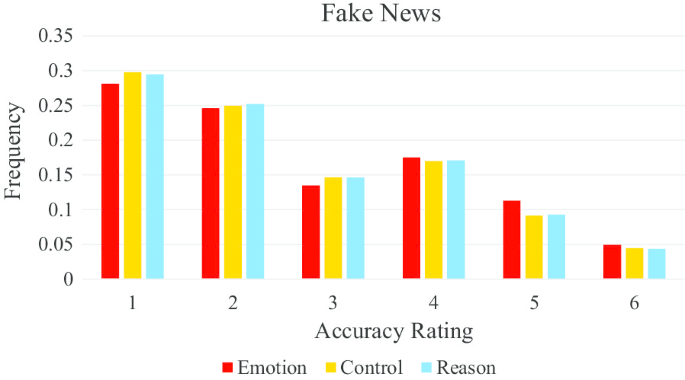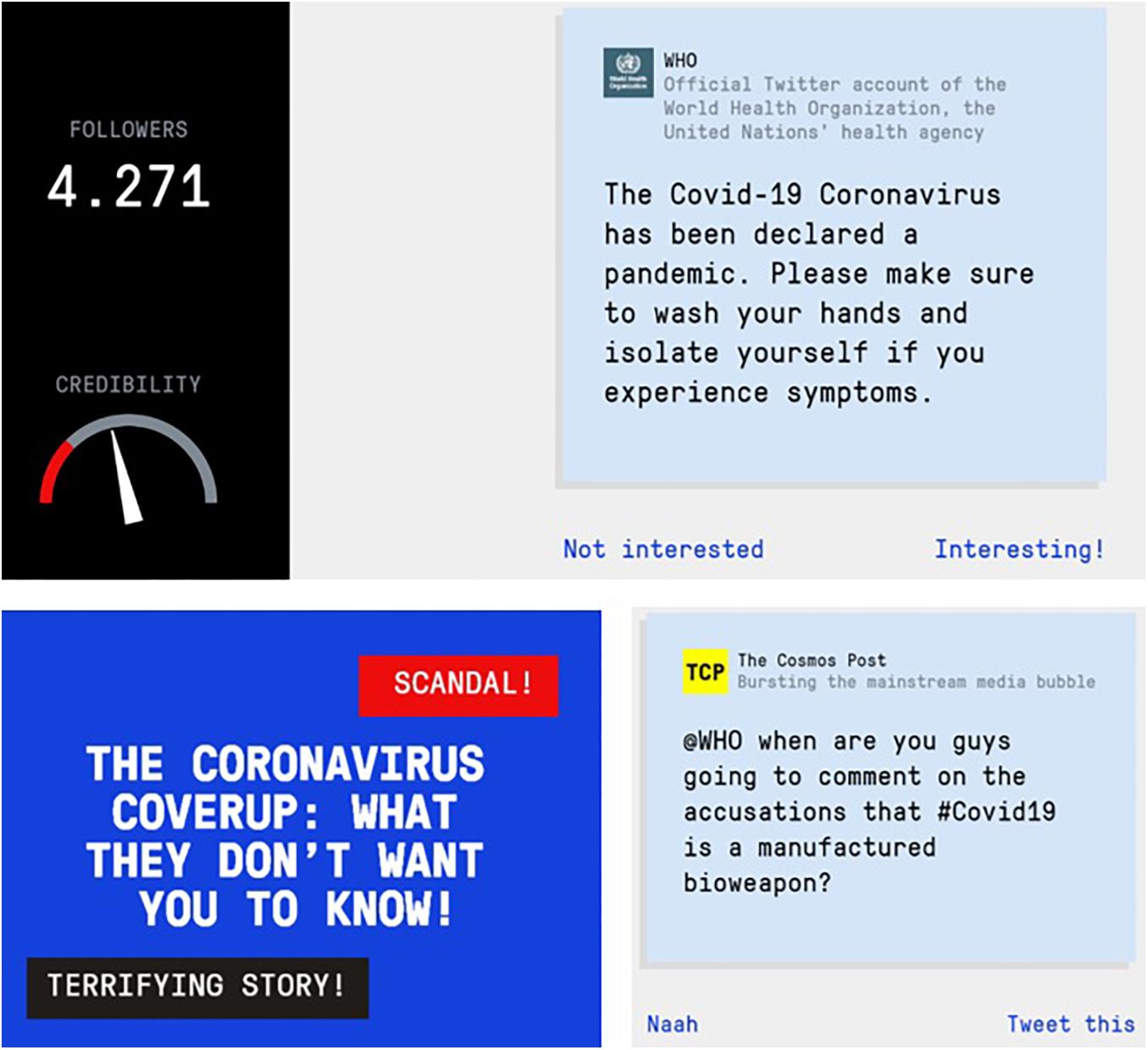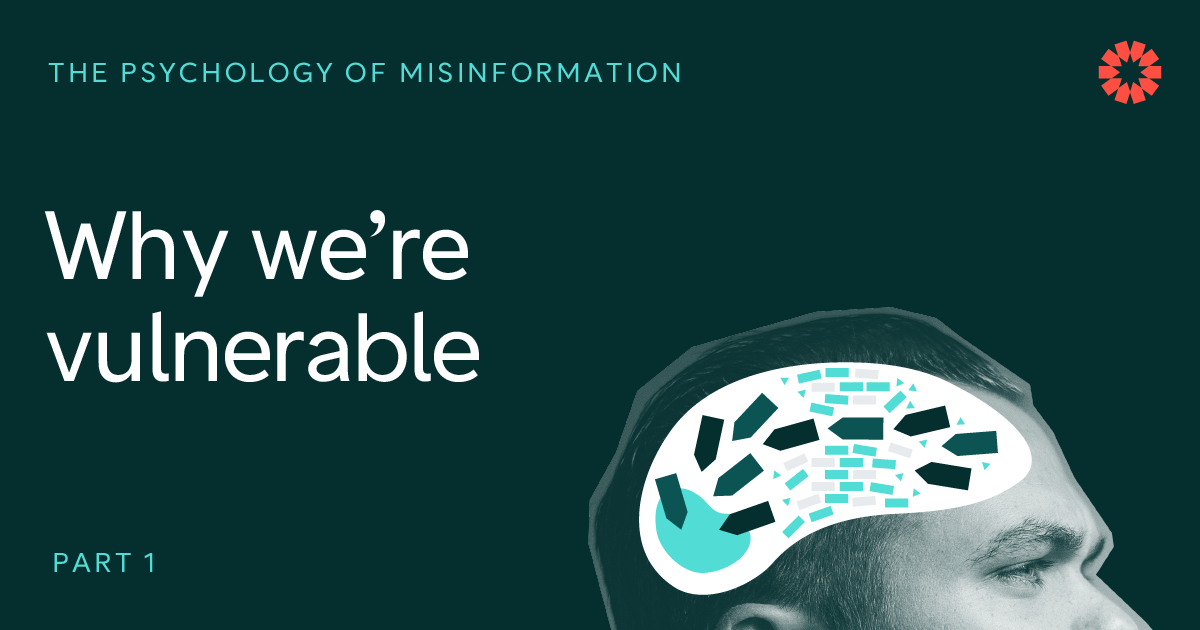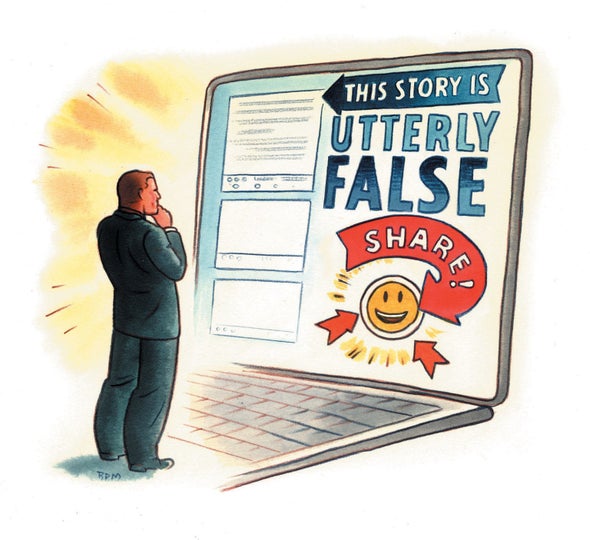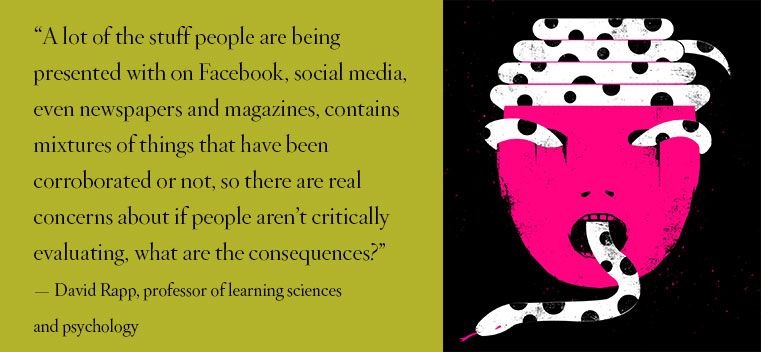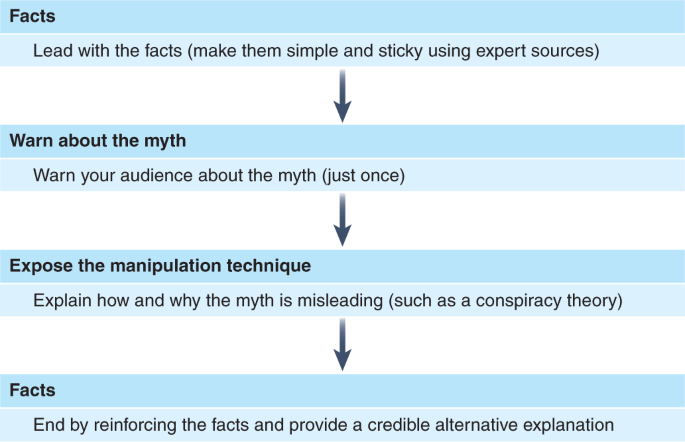
People who are likely to dismiss journalism as "fake news" tend to believe the world is predictable | Journal Club | PNAS
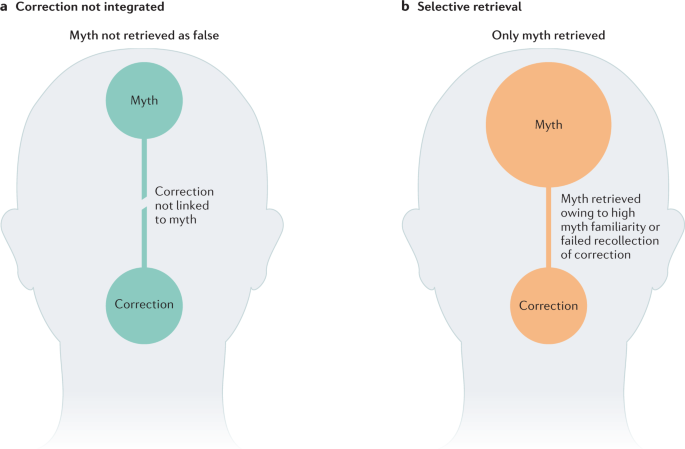
The psychological drivers of misinformation belief and its resistance to correction | Nature Reviews Psychology
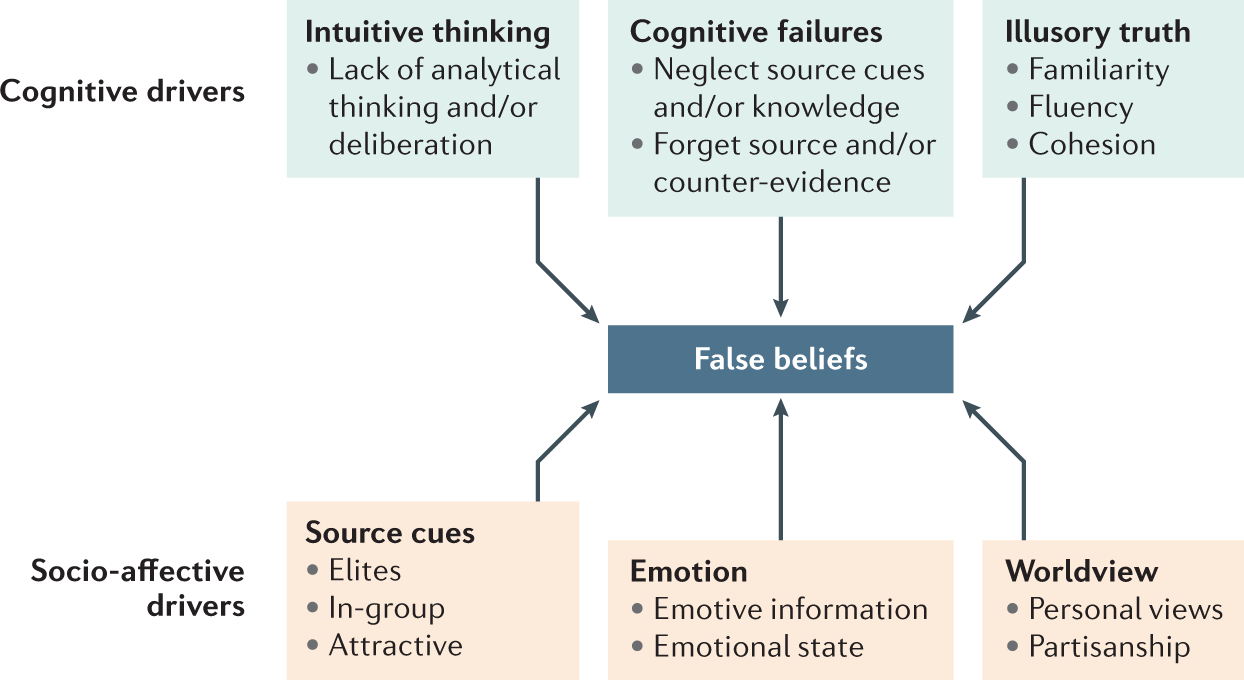
The psychological drivers of misinformation belief and its resistance to correction | Nature Reviews Psychology

How Can Psychological Science Help Counter the Spread of Fake News? | The Spanish Journal of Psychology | Cambridge Core
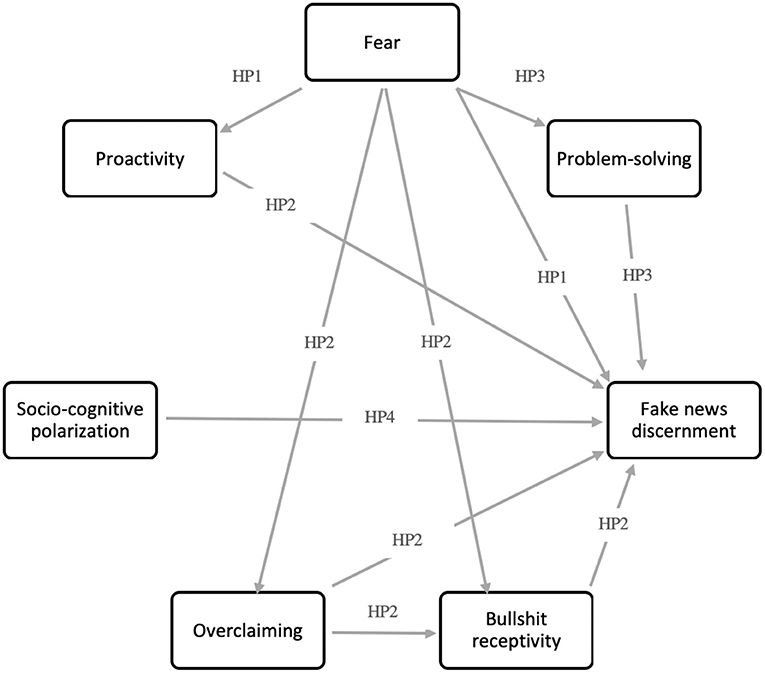
Frontiers | Going Viral: How Fear, Socio-Cognitive Polarization and Problem-Solving Influence Fake News Detection and Proliferation During COVID-19 Pandemic
